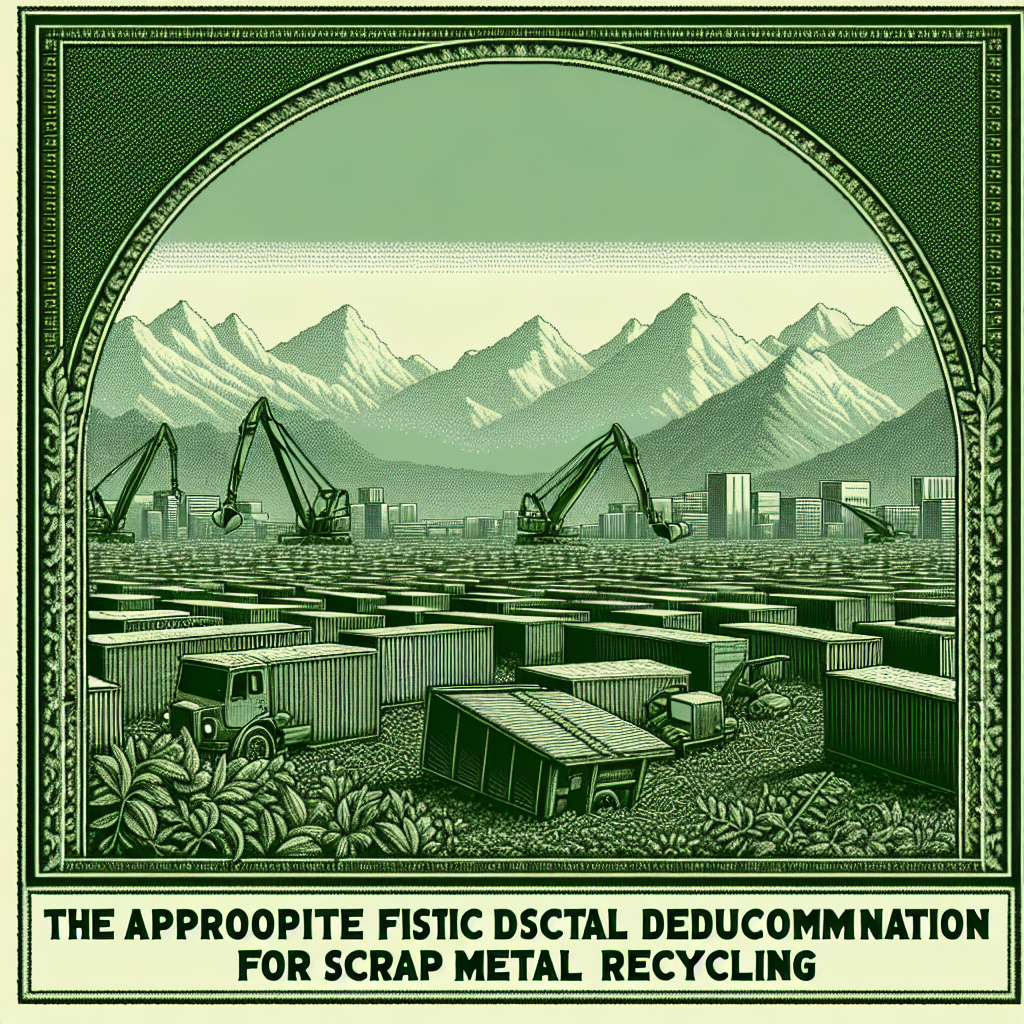Blog Ecobraz Eigre

What tax documentation is suitable for scrap x recycling?
Understanding the nature of scrap and recycling
To ensure tax compliance when leaving materials as scrap, it is essential to understand the distinction between scrap and material for recycling. Scrap generally refers to metal waste or other discarded materials that will be reused or treated. Recycling is the process by which these materials are transformed and returned to the production cycle. Each of these situations requires specific tax documentation to ensure correct control and avoid legal problems.
Tax documentation for scrap output
When scrap is output, a tax document must be issued to prove the movement of these materials. Normally, a Scrap Shipment Invoice is used, which must contain detailed information on the type, weight and value of the scrap. It is important that this invoice makes it clear that it is intended for recovery or sale. In addition, the document must comply with current tax legislation, such as tax exemption or substitution, depending on the state and type of material.
Tax documentation for outgoing recyclable material
When materials are destined for recycling, the tax documentation can vary depending on the type of material and the destination. In general, you should issue an Invoice of Sale or Shipment for Recycling that clearly specifies that the shipment is for industrial reuse. It is essential to register the CNPJ of the recipient and the appropriate tax code for this type of operation. It may also be necessary to issue the Electronic Manifest of Tax Documents (MDF-e) for transporting these loads, ensuring traceability.
Importance of correctly classifying materials
The correct classification of materials will directly influence the type of tax documentation required. For example, scrap metal is taxed differently from recyclable electronic waste. That's why knowing the correct Mercosur Common Nomenclature (NCM) is essential for issuing tax documents that avoid assessments and fines. This practice also facilitates internal control and compliance with tax audits.
Recommendations for tax regularization in the output of scrap and recycling
To ensure regularity in the output of scrap or materials for recycling, it is recommended:
- Maintain an up-to-date register of recipients with complete tax information;
- Always issue electronic tax documents, such as NF-e and MDF-e, for greater transparency;
- Consult the specific legislation of each state for necessary adaptations;
- Keep the documents for at least five years for possible checks;
- Monitor the operation until the materials are effectively disposed of or recycled.
Conclusion
The correct handling of tax documentation for scrap and recycling is essential to ensure tax and environmental compliance. Issuing appropriate invoices, knowing the legislation in force and classifying materials correctly helps to avoid problems with the tax authorities and promotes a transparent and sustainable process.

Deixe um comentário
O seu endereço de e-mail não será publicado. Campos obrigatórios são marcados com *